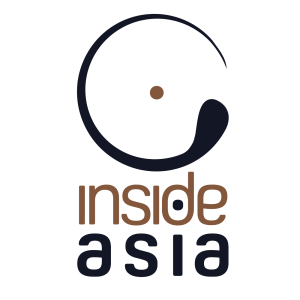
Healthcare is deliciously complex and investors the world over are salivating over ways to both simplify the process of insuring, managing and monitoring patients. At the same time, we’re witnessing the development of almost inconceivably sophisticated new devices and medications that are already preserving and enhancing human life.
There’s huge investment in R&D ranging from robotic surgery to genome decoding to AI-enabled predictive health screening. So much so, that it feels like we’re living in a world where the inverse of Moore’s Law is the rule—processing power is improving exponentially, and healthcare solutions are top beneficiaries.
To better understand the opportunities of the moment—and, as I learned in our conversation the barriers for investment and innovation are coming down—I turned to Julian da Salaberry, Founder and CEO of Galen Growth Asia. He’s a self-described healthcare change catalyst. He and his partners at Galen Growth are working to build the HealthTech ecosystem in Asia.
In Asia – and particularly among the less developed markets – health-tech solutions will need to remain far more focused on the practical, vs. the dramatic. It’s all well and good for the wealthy to grow replacement organs in a petri dish in order to live to 150 years and beyond, but what about the tens of millions of poor and underserved people who still can’t afford to see a doctor, let alone insure themselves against the costs of unexpected illness. Is there a healthcare solution for them? Governments across the region are asking and for investors who see tech as a way of lowering the cost of healthcare vs. raising it, the payoff is huge.
As always, thanks for listening.
More Episodes
 2021-12-02
2021-12-02
 2021-10-28
2021-10-28
 2021-09-19
2021-09-19
 2021-08-29
2021-08-29
 2021-08-08
2021-08-08
 2021-07-18
2021-07-18
 2021-07-11
2021-07-11
 2021-06-07
2021-06-07
 2021-05-23
2021-05-23
 2021-05-09
2021-05-09
Create your
podcast in
minutes
- Full-featured podcast site
- Unlimited storage and bandwidth
- Comprehensive podcast stats
- Distribute to Apple Podcasts, Spotify, and more
- Make money with your podcast
It is Free
- Privacy Policy
- Cookie Policy
- Terms of Use
- Consent Preferences
- Copyright © 2015-2024 Podbean.com





